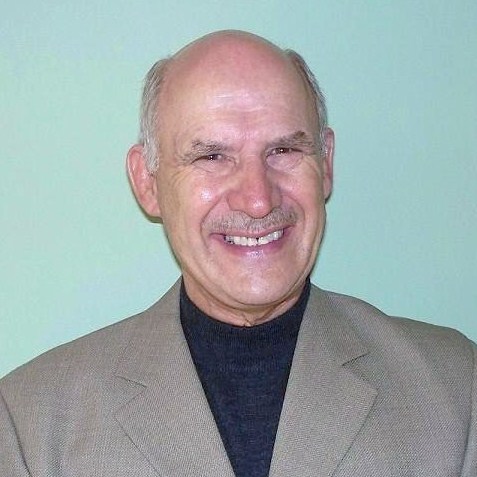The Roman emperors Constantine, and (later) Theodosius, arranged meetings of various Church leaders. It was during this period the Nicene canons arose at Nicaea in 325, followed by the Council of Constantinople in 381. The adherence to creeds and sacramental practices dominated the Christian liturgy, and to obey God meant to obey the Church rules and the edicts of the Church hierarchy. What impact “reason” had on theology at this point in time is a good question. One could argue any reasoning done was heavily political and bureaucratic.
The spread of monasticism, inspired by St. Antony of Egypt (c.251-356), had a strong impact on the Church. The monks were men who left their worldly routine to seek God in the silence and seclusion of the desert. Through thinking and reasoning, they were free to worship God directly. By the year 390, some fifty thousand monks would congregate to celebrate Easter. Monasticism with its practices of prayer, and ponderance in solitude with God, had popular appeal and a strong influence on the development of the Christian Church.
The efforts of reformers who objected to the doctrines, rituals, leadership, and ecclesiastical structure of the Church in Rome, especially Martin Luther’s publications in 1517, led to the creation of new national Protestant churches. And within these reforms there was to be a marked separation of the heavenly and earthly kingdoms, and a new hierarchy of authorities would commence with scripture, followed with conscience, reason, and tradition. And that henceforth, neither kings nor popes were to stipulate what people should or should not believe
The highest scriptural authority for Christians comes from the Bible, both the Old and New Testaments. The Bible is seen as evidence, witness, and testimony that represents our theological underpinnings, and down through the ages Christians have learned theology from the Bible, and from the traditions and experiences of the Church.
Tradition is a preserving power, and it aids us in formulating truths of the past that help us make decisions for the future. However, human interpretation is always on the march, and we are continually required to update our levels of thinking and appreciation as it pertains to the past. God—the Spirit of God—is constantly responding to our changing circumstances.
What is involved in believing, and how do religious beliefs relate to other parts of our life? In particular, what do we experience and feel, what do we do, and who are we? Honest answers to such questions require, amongst other things, activation of our humility, being humble, being candid, and being sincere. We know the importance of being able to listen to others, and often contemplative listening is a necessary ingredient to a fuller understanding. Sometimes it’s revealing too to listen to our own answers and examine their honesty.
Collectively as Christians, we make up a considerable mix—an overlapping of fundamentalists, conservatives, liberals, and so on. Faith includes goodwill, and ideally the pursuit of an acceptable balance between those Church organizations steeped in rigidity of practices, and those at the other end of the spectrum where freedom reigns. We are so quick and efficient in accenting our differences but not so much on celebrating the many practices we already have in common.
We ponder the pleasant thought, “Wouldn’t it be nice if we could all get along together?” It’s easier said than done, for sure! But we have a responsibility to be open, supportive, and embracive to people of other churches, and we should continue to stretch our own levels of tolerance and acceptance. “…all things are possible with God.”





